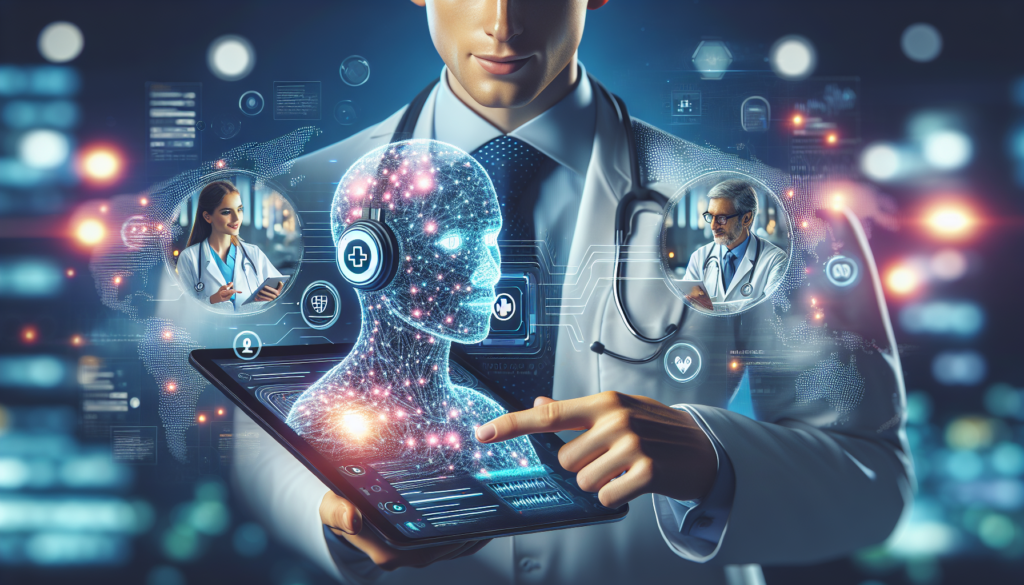AI in Telemedicine: Transforming Healthcare Delivery
The integration of artificial intelligence (AI) in telemedicine is revolutionizing healthcare, providing new opportunities for remote patient monitoring and diagnosis. This article explores how machine learning enhances these capabilities, offering a comprehensive understanding of AI’s role in improving patient outcomes. As technology advances, the synergy between AI and telemedicine promises to address many challenges faced by traditional healthcare systems.
AI-Driven Diagnostic Tools
Machines are no longer mere assistants; they have become sophisticated diagnostic tools capable of analyzing complex data sets with precision. Machine learning algorithms can process vast amounts of patient data, from medical histories to real-time health metrics, identifying patterns that might elude human observation. This capability enables healthcare providers to make more accurate diagnoses and tailor treatment plans specifically for each patient. Moreover, AI-driven diagnostic tools reduce the workload on healthcare professionals, allowing them to focus on critical cases while routine assessments are managed by intelligent systems.
Enhancing Remote Patient Monitoring
The advent of remote monitoring technologies has been significantly boosted by AI innovations. These systems use sensors and wearable devices to continuously collect health data from patients in their homes, providing valuable insights into their well-being. AI algorithms analyze this data to detect anomalies or potential health issues before they become severe. This proactive approach not only enhances patient safety but also reduces hospital admissions by enabling early interventions. Furthermore, it empowers patients with greater control over their health management through real-time feedback and personalized recommendations.
Personalized Patient Care
The convergence of AI and telemedicine is paving the way for more personalized healthcare experiences. Machine learning models can predict individual patient responses to different treatments, allowing healthcare providers to customize care plans. By analyzing genetic information alongside clinical data, AI systems facilitate precision medicine, ensuring that each patient receives the most effective interventions based on their unique profile. This level of personalization is transforming how patients interact with healthcare services, fostering a more collaborative and individualized approach to treatment.
In conclusion, the integration of AI in telemedicine represents a paradigm shift in healthcare delivery. By enhancing diagnostic accuracy, improving remote monitoring capabilities, and enabling personalized patient care, AI technologies are setting new standards for efficiency and effectiveness. As these tools continue to evolve, they hold the promise of creating more accessible, responsive, and patient-centered healthcare systems worldwide.



